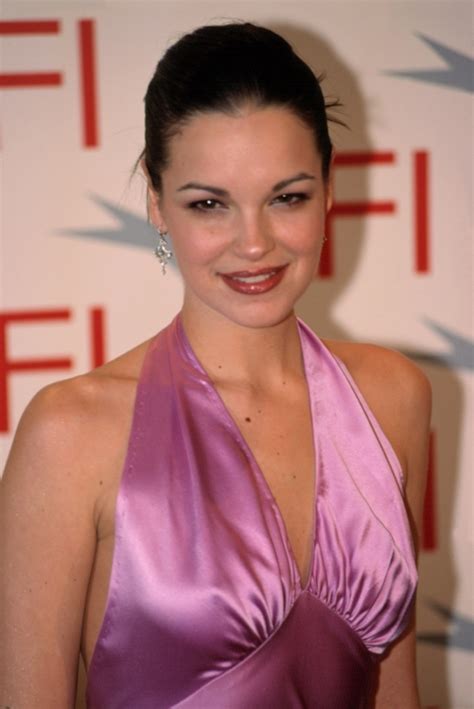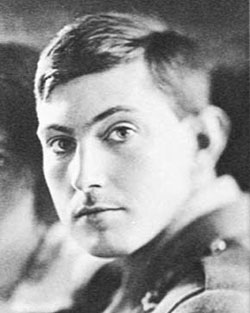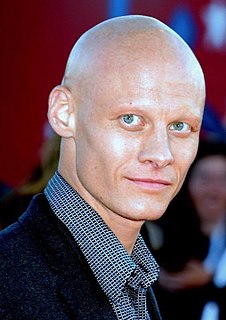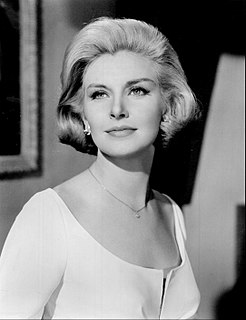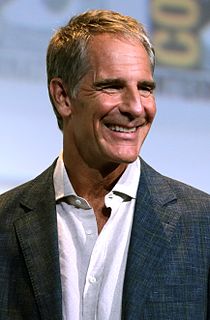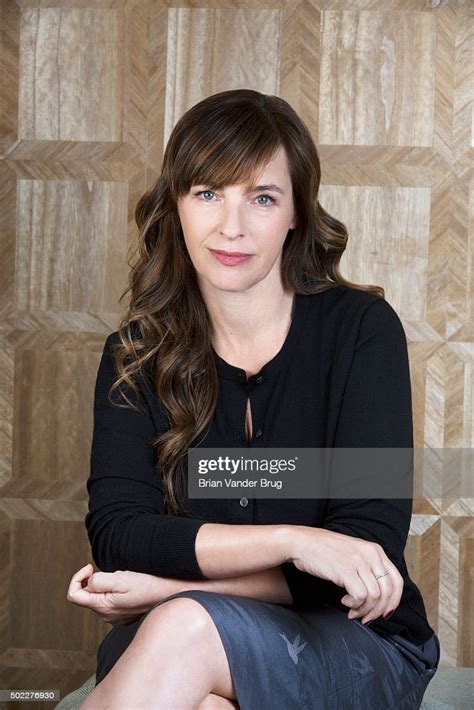Цитата Алана Рикмана
Я часто ненавижу театр. Вы думаете: «Сегодня вечером я снова должен подняться на Эверест». О, в театре страшно находиться.
Связанные цитаты
Когда ты на сцене, ты играешь для того, кто находится в конце комнаты, а телевидение и кино гораздо более детализированы и нюансированы, но я думаю, что это то, что я всегда хотел сделать. Как бы я ни любил театр и музыкальный театр и хотел бы заниматься им снова, я действительно люблю тонкости кино и театральной игры.


